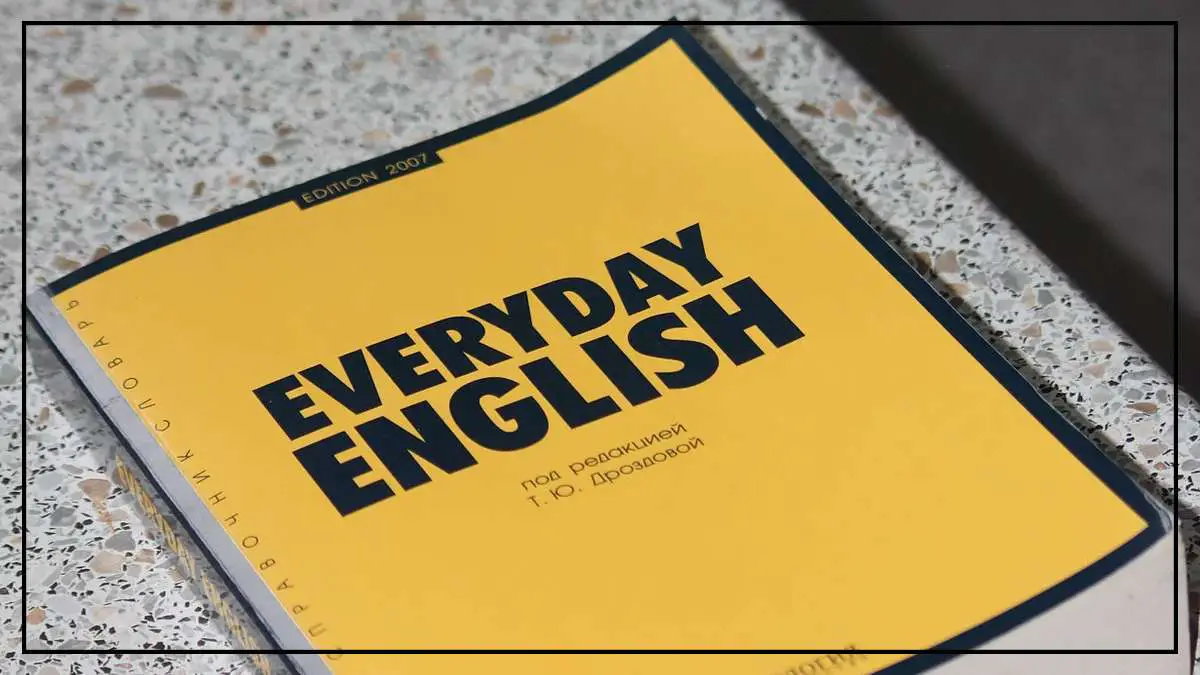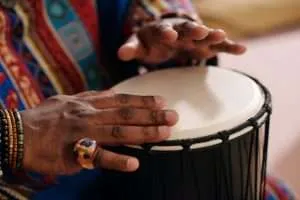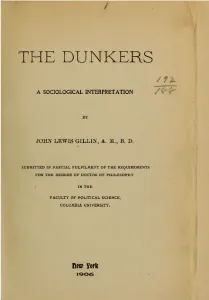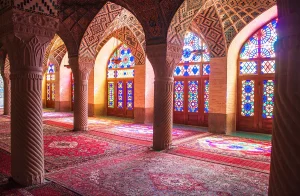What is Nigerian Pidgin English?
Nigerian Pidgin English is an English based creole language that is widely spoken throughout Nigeria. In this article, I address the history of pidgin English and perceptions of the language in Nigeria.
Pidgin English in Nigeria
As of now in 2021, Nigeria, the most populous black nation on Earth with the fastest growing economy in Africa. Also, Nigeria has the highest GNP on the continent and is home to over 200 million individuals. This country Nigeria, which has been globally recognized as the GIANT OF AFRICA, owing to the large population and economy, has been home to hundreds of indigenous languages. The country is estimated to have over 530 listed languages spoken, but English, to date, remains the official language that is mostly spoken by everyone in the country. So, how about the history of Nigerian Pidgin English?
In the midst of all this, Nigerian Pidgin English is another thriving English based creole language that is widely spoken as a lingua franca across Nigeria. Although it is commonly used throughout the nooks and crannies of the country, it has not been granted any official status. This is despite the communication barrier it has broken between different ethnic groups and religious organizations.
History of Nigerian Pidgin English
The history of Nigerian Pidgin English can be dated back to the 17th century during the trade that took place amongst Nigerians and the Portuguese merchants. In a piece published by Linda Nkwocha Okeh, she wrote:
During the European quest for new markets and raw materials in the 17th Century, many Portuguese missionaries and traders arrived on the shores of Jamaica and West and Central African countries like: Sierra Leone, Cameroon and Nigeria were largely visited by the missionaries. For trade and religious purposes with no language in common they created a form of communication with bases from the European language, giving birth to most African languages: such as Creole, Pidgin, and Patois. These languages came to serve the linguistic need there, by giving birth to the Cameroon Camfranglais (mixture of French and English) spoken by the youth today.
Linda Nkwocha Okeh
Nigerian Pidgin English (NPE), originated as a lingua franca for trade purposes amongst the Nigerians and the Portuguese merchants during the 17th century. It is broken English like Patois and Creole, spoken along the coast of West Africa and it has extended to the diaspora, due to Nigerian migrants. After the departure of the missionaries, this lingua franca did not go with them but remained and is the most widely spoken language in Nigeria today compared to English.
History of Nigerian Pidgin English and Elites
In the country, both the literates, such as the president, campaigning politicians, lawyers, doctors, and non-literates speak and understand pidgin, though it is mostly used in informal situations and English is used for official purposes and the medium of education.
From Linda’s insightful explanation, we can decipher the originality and fundamental relevance of the language to every individual in the country.
Perception of Pidgin English in Nigeria
It is generally known that in the past, the use of Nigerian Pidgin English was perceived to be for non-educated people and seen as very low-graded. But later as it began to gather momentum, the language became an inextricable part of the society. Francesco Goglia who is an internationally acclaimed researcher and lecturer, offered his inputs on the Nigerian Pidgin English:
Nowadays the use of Nigerian Pidgin English is more widespread even among educated people and perceived as more Nigerian than English. Indeed, using Nigerian Pidgin English is increasingly popular among young people, many writers, politicians and musicians.
Francesco Goglia
The fact that it is not attached to any ethnic group makes it a very good candidate as an official lingua franca in the Federation. The use of Nigerian Pidgin English can also function, in some contexts, as an act of identity when speakers need to stress their ‘Nigerianness’, as opposed to their ethnic group identity.
As a country that is made up of 36 states including Abuja, the Federal Capital Territory, we can see how Nigerians, through the use of Nigerian Pidgin, find unity in diversity. As a multi-lingual, multicultural, and multi-ethnic society with between 250 and 300 ethnic groups, people have found peace, harmony and understanding in this language embraced by all and sundries.
Conclusions on Nigerian Pidgin English
Going further to the numerical strength of Nigerian Pidgin English speakers in the country, Nick Faraclass, the author of NIGERIAN PIDGIN; the first comprehensive grammar book of Nigerian Pidgin, says:
Well over half of the 140 million inhabitants of Nigeria are now fluent speakers of the language Nigerian Pidgin English (NPE), making Nigeria it the most widely spoken language in Nigeria, as well as the indigenous African language with the largest number of speakers. Given the rapid spread of NigP [NPE] among younger Nigerians, this proportion should increase to cover over seventy or eighty percent by the time the present generation of children reaches adulthood. There is no Creole language worldwide with nearly as many speakers as NigP [NPE].
Nick Faraclass
With the proliferation of technological innovation and considering the ways and manners language is adapting to the challenges of today’s explosive digital era, we should expect more speakers of Nigerian Pidgin English and with that, hopefully it would lead the language being recognized as one of the official languages in Nigeria.








